After these two book reviews – Filmcraft – Cinematography and New Cinematographers, which focuses more on the thought processes and shooting concepts of DPs, I thought it would be useful to write about one with practical, effective techniques that can be applied in a shoot.


The first section of the book steps you through some much needed technical concepts and principles, fundamentals that any budding cinematographer/photographer should have a firm grasp on including aspect ratios, shooting formats, depth cues, Rule of Thirds, and more.



After that it’s a no nonsense, comprehensive study of the various camera compositions actively used in productions, like close ups, medium shots, long shots, establishing shot, canted shot, tilt shot and more. A total of 25 different shot types are discussed, deconstructed and studied in detail.

The examples used to illustrate the shot types are all major motion pictures – this not only lent an immediate sense of relevance to the techniques cited because they are actively been used by filmmakers to create successful and highly engaging visuals, but also serve as a platform for readers to expand their cinematic vocabulary by checking out the works of these great filmmakers.


(above and below) I also love these “breaking the rules” articles – citing examples from filmmakers who, having mastered the very techniques discussed, bent the rules to create unique composition that enhances the visual resonance of the film. There’s more than a lesson or two that can be learned here.




I found the book educational and inspiring at the same time, a handy reference for budding filmmakers or those who wish to acquire a deeper understanding of cinematic vocabulary. Highly recommended.
“The Filmaker’s Eye″ details :
– Author : Gustavo Mercado
– Dimensions – 8.9 x 8.9 x 0.4 inches
– Soft cover, 208 pages
– Full color

Buy From Amazon CA | Buy From Amazon UK | Buy From Amazon Japan
You might also be interested in these items :
2



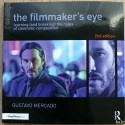 The Filmmaker’s Eye: Learning (and Breaking) the Rules of Cinematic Composition Book Review
The Filmmaker’s Eye: Learning (and Breaking) the Rules of Cinematic Composition Book Review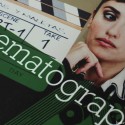 Cinematography Book Review II – Film Craft : Cinematography
Cinematography Book Review II – Film Craft : Cinematography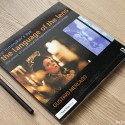 The Filmmaker’s Eye : The Language of the Lens Book Review
The Filmmaker’s Eye : The Language of the Lens Book Review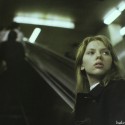 Cinematography Book Review I – New Cinematographers
Cinematography Book Review I – New Cinematographers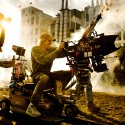 Michael Bay – What is Bayhem ? Cinematography Study
Michael Bay – What is Bayhem ? Cinematography Study


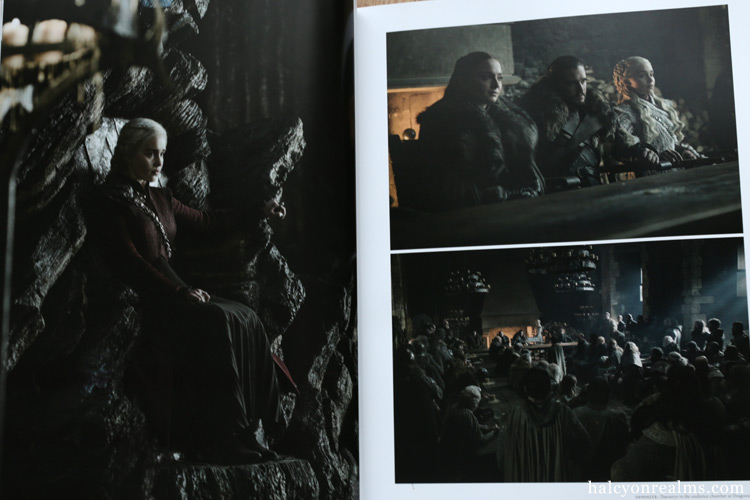
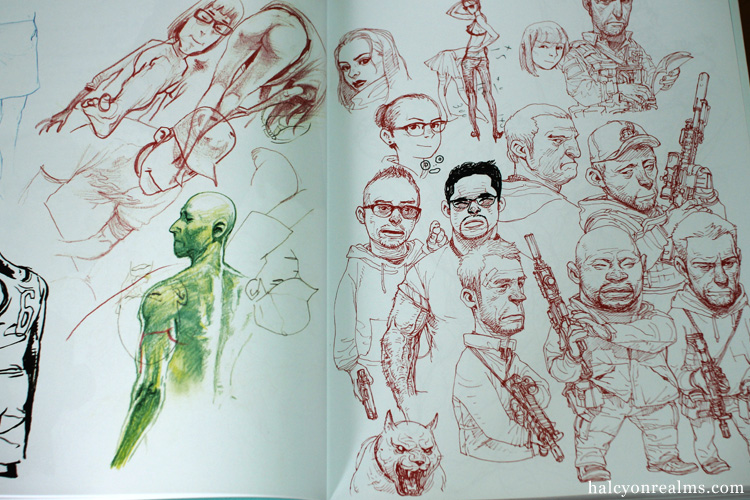
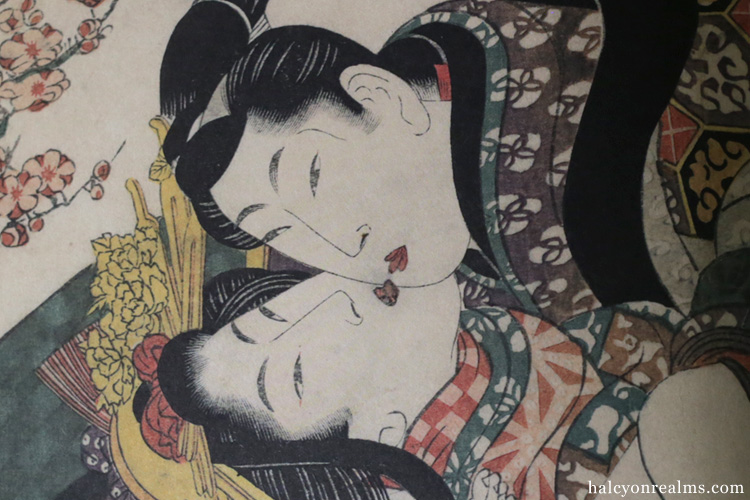
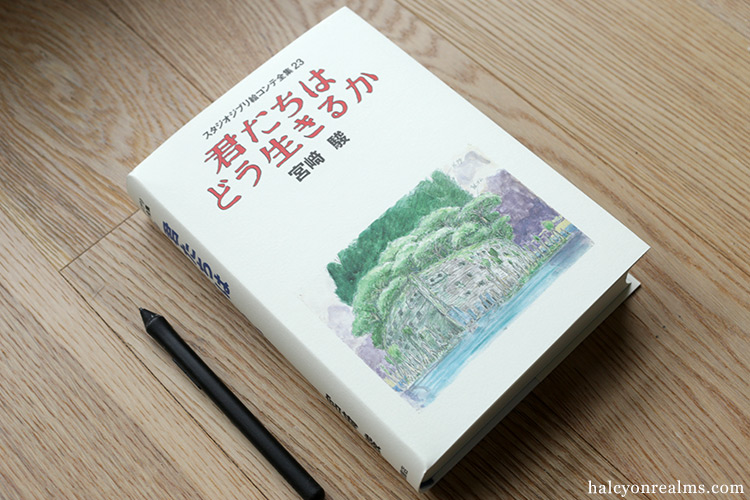
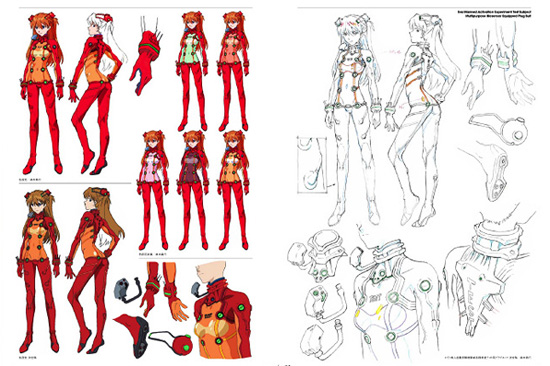
February 27th, 2012 at 4:09 am
this looks great too for anyone interested in comics or graphic storytelling. i love cinematic looking panels that are well composed.
February 27th, 2012 at 7:47 am
Yeah, I was thinking that too, it looks like a useful book for more than just film stuff.
February 27th, 2012 at 12:54 pm
This is all very nice, but Mr. Yonghow! Rango won the Academy Award! Congratulations! You must be very proud, I bet (and rightfully so). 😀
March 1st, 2012 at 3:15 am
Hina – Thank you ! Yes we’re all really happy, all the hard work paid off well ! :]